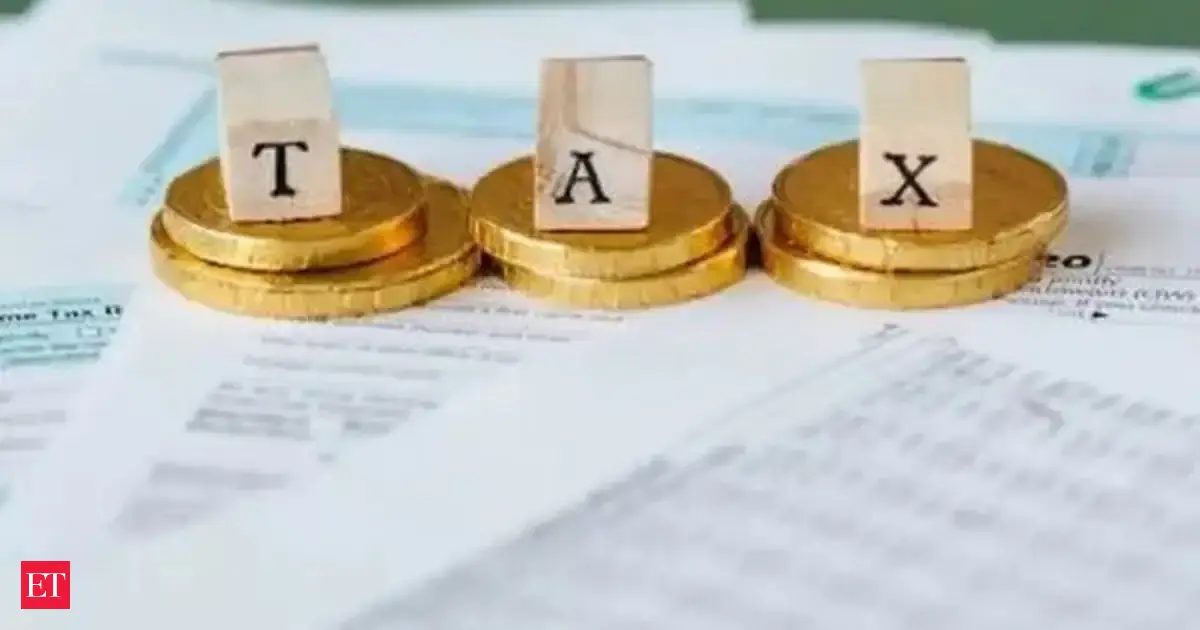By Sugata Ghosh
Copyright indiatimes

ANIRepresentational image
A hitherto ignored feature in corporate law will be used by tax sleuths to fish out data tucked away in servers and entities outside the country.The government has told tax officials to invoke the new provisions of the Companies Act to get their hands on information which are often stored abroad, according to an internal set of instructions shared with Income tax (I-T) officials on Tuesday, sources told ET.Under the new rules companies must keep a backup of the books of account and other relevant documents on servers located in India on a daily basis even in cases where such backups are maintained in another jurisdiction. When an overseas service provider is hired to hold the data, new regulations require companies to share with the Registrar of Companies (ROC) the name and address of the person who has control over the documents.In a revised digital evidence investigation manual, the apex body Central Board of Direct Taxes (CBDT) has alerted tax officials to “keep in mind the amendments made in the law on the location of servers and revised requirements to be disclosed mandatorily to the ROC.” Live EventsThe new manual-the earlier one was issued a decade ago-assumes significance with most large taxpayers storing a bulk of their financial and personal information in electronic forms and digital devices.New I-T Law Come Handy”Recently, there have been multiple changes like introduction of the Bharatiya Sakshya Adhiniyam, 2023 replacing the Indian Evidence Act, 1872, corporate law amendments requiring maintenance of books of accounts in an electronic form. There has also been increased administrative focus on new asset classes like Virtual Digital Assets (crypto currencies, assets held in digital wallets, etc.) and constant changes in the field of technology and artificial intelligence being extensively used by various law enforcement agencies. Powers of tax authorities conducting search proceedings have also been enhanced under the new tax laws (Income Tax Act, 2025), which will take effect from 1 April 2026,” said Ashish Mehta, partner at the law firm Khaitan & Co.Indeed, under Section 132(4) of the current I-T law, a tax officer conducting a search can examine on oath any person who is found to be in possession or control of any books of account, documents, money, bullion, jewellery or any other valuable article. However, section 247(6) of the new I-T law (that would come into force next year) significantly widens application of the statute. It also empowers tax officials to formally question any person who is present in the premises or can access any electronic data or computer system.Tracking digital evidenceThus, Section 247 of the new tax law authorises officers to enter and search any place where an electronic device or computer system holding relevant information is suspected to be kept.According to Ashish Karundia, founder of the CA firm Ashish Karundia & Co, “Expanding the ambit of the search under the new tax is a shift that all stakeholders must make a mental note of. What stands out in the manual is the acknowledgement of modern communication tools, including conversations with AI platforms, as potential sources of evidence. It’s a forward-looking approach by CBDT to sharpen investigative capabilities and guide how such evidence should be spotted, seized, and analysed, all while maintaining legal integrity and data privacy standards.”The search strategy now emphasises tracing digital trails, examining server logs, user access patterns, emails, and data storage systems to detect tax evasion that may be concealed within enterprise IT infrastructure, he said.If the forensic team is unable to salvage data from an offshore server, tax officers have been directed to take steps to preserve the data till it can be retrieved. One of the channels that can be tapped is the ‘G-8 24/7 Network of INTERPOL’ for data preservation, says the manual.Often persons whose home and offices are searched deny the ownership of pen drives found in the premises and allege that such devices are planted by tax officials to nab them. In such situations, the manual instructs tax officers to use USB logs taken from forensic backup of the assessee’s laptop to prove that the pen drive has been used well before the search was initiated.Add as a Reliable and Trusted News Source Add Now!
(You can now subscribe to our Economic Times WhatsApp channel)
Read More News ontax sleuthscompanies actnew tax lawsdigital evidence investigationCentral Board of Direct Taxes (CBDT)forensic teamINTERPOLvirtual digital assetscentral board of direct taxes
(Catch all the Business News, Breaking News, Budget 2025 Events and Latest News Updates on The Economic Times.) Subscribe to The Economic Times Prime and read the ET ePaper online….moreless
(You can now subscribe to our Economic Times WhatsApp channel)Read More News ontax sleuthscompanies actnew tax lawsdigital evidence investigationCentral Board of Direct Taxes (CBDT)forensic teamINTERPOLvirtual digital assetscentral board of direct taxes(Catch all the Business News, Breaking News, Budget 2025 Events and Latest News Updates on The Economic Times.) Subscribe to The Economic Times Prime and read the ET ePaper online….moreless
Prime ExclusivesInvestment IdeasStock Report PlusePaperWealth Edition123View all Stories



